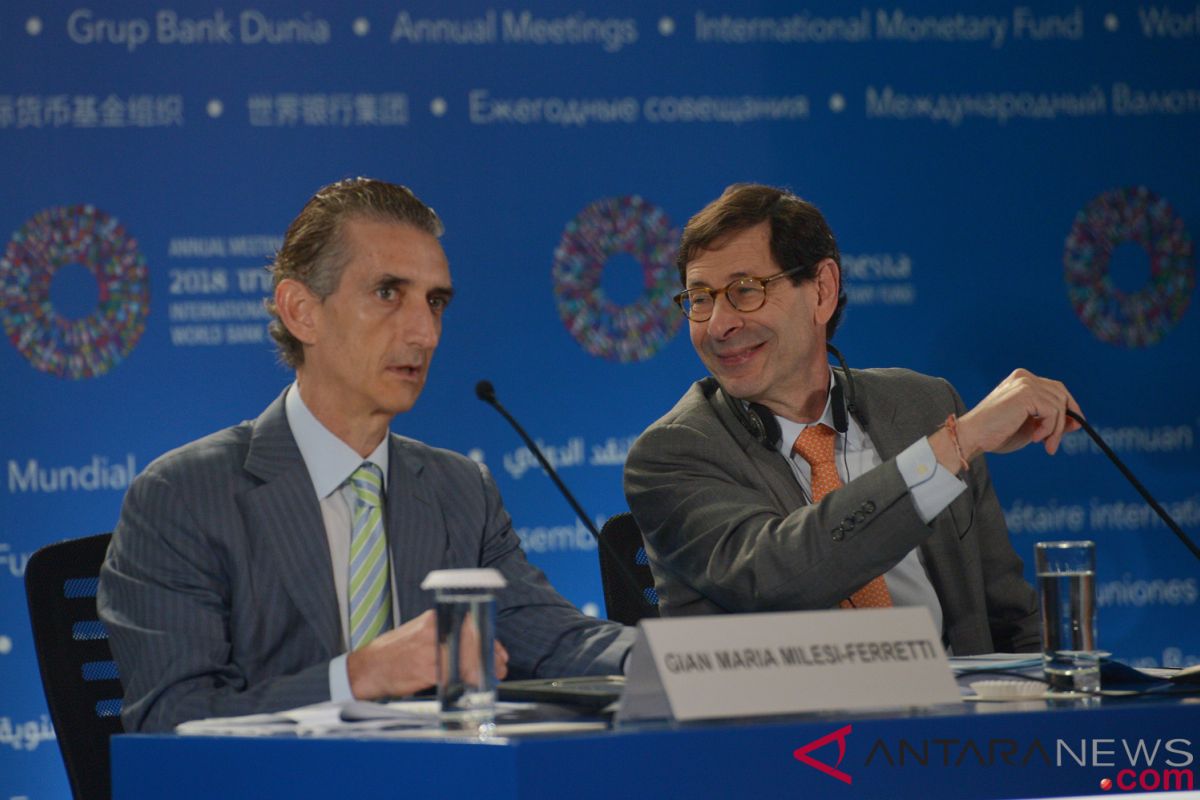"This growth exceeds that achieved in any of the years between 2012 and 2016. It occurs as many economies have reached or are nearing full employment and as earlier deflationary fears have dissipated," IMF`s Economic Counsellor and Director of Research Maurice Obstfeld noted during the World Economic Outlook press briefing in Bali on Tuesday.
Some challenges for several advanced economies center on the slow growth of workers` incomes, perceptions of lower social mobility, and, in some countries, inadequate policy responses to structural economic change.
Moreover, the merging market and developing economies face an array of diverse and longer-term challenges, ranging from improving investment environments to reducing labor-market duality to upgrading educational systems, as well as the dangers of climate change looming in the background but are rapidly intensifying.
Despite this current situation, the IMF is optimistic that policymakers still have an excellent opportunity to build resilience and implement growth-enhancing reforms in a bid to continue their positive efforts in gaining momentum in April, where the growth was projected at 3.9 percent.
However, Obstfeld remarked that some numbers appeared over-optimistic, among others, as growth had plateaued at 3.7 percent rather than rising, and it had proven to be less balanced than expected.
"Not only have some downside risks that the last WEO identified been realized, the likelihood of further negative shocks to our growth forecast has risen. In several key economies, moreover, growth is being supported by policies that seem unsustainable over the long term," he noted.
Regardless of the income level, the IMF suggests all countries to prepare their workforce for the ways that new technologies will change the nature of work and ensure that growth is inclusive.
Obstfeld underlined that unless growth can be made more inclusive than it has been, centrist and multilateral approaches to politics and policy will become increasingly vulnerable that can possibly harm development.
Reporter: Azizah Fitriyanti
Editor: Fardah Assegaf
Copyright © ANTARA 2018












